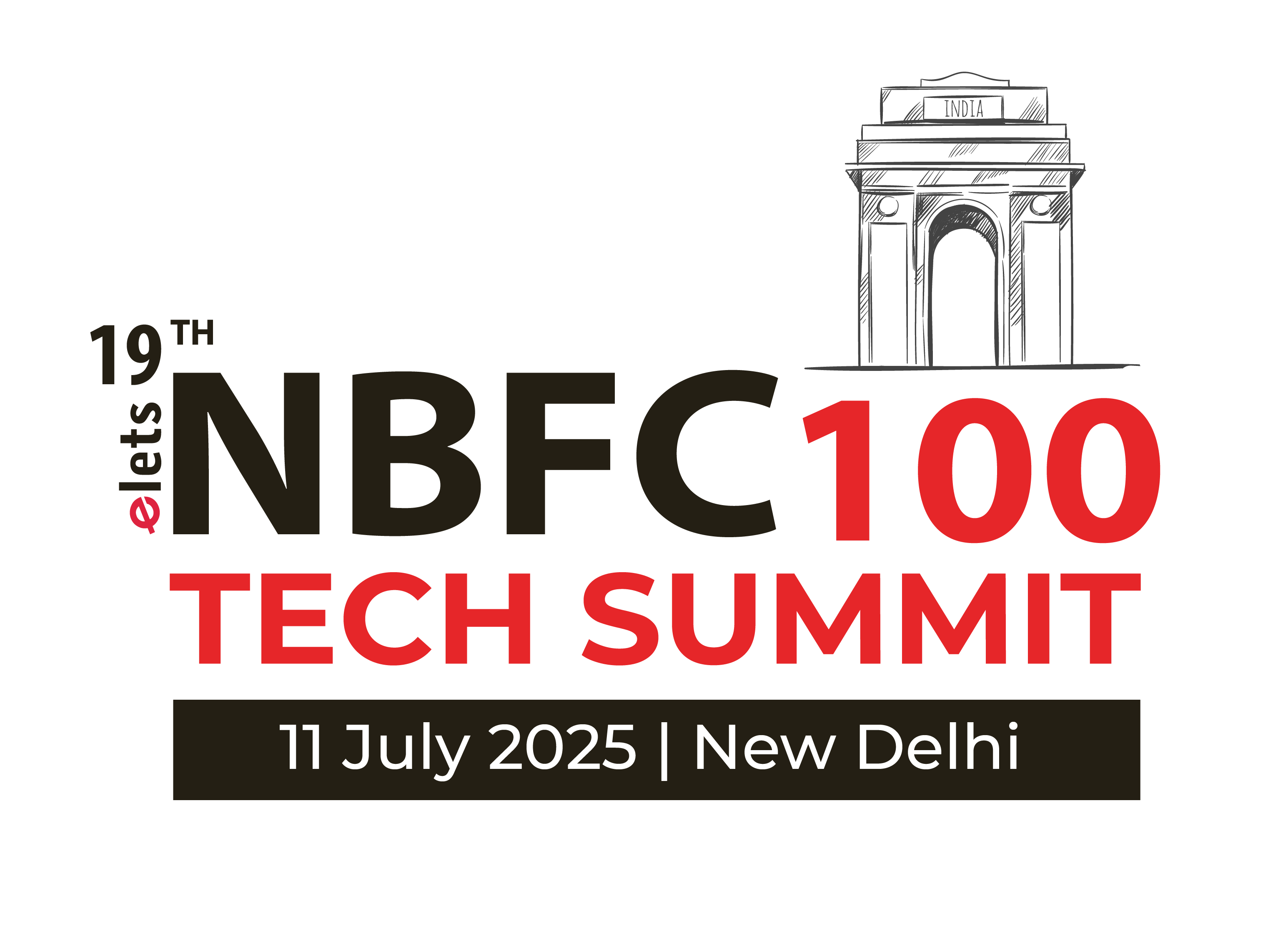Right after the onset of the pandemic, India witnessed a remarkable shift towards sustainable mobility alternatives. Against the backdrop of this, the adoption of electric vehicles is at an all-time high. As the country strives to achieve net zero emissions, even the transportation and logistics sectors are inclining towards an accelerated adoption of electric two-wheelers, three-wheelers and four-wheelers.
At the heart of this, the government of India is making robust efforts to significantly increase EV penetration in the country. However, the EV obsession faces challenges posed by an inadequate charging infrastructure in the country. As per the Ministry of Power, the quantity of operational EV charging stations has been increased by 77 percent making it to 1640 public charging stations in February 2022 but India anticipates having at least ~4,00,000 public charging stations to support ~2 Mn EVs by 2026.
Present EV charging infrastructure scenario
The present EV adoption and charging infrastructure demonstrate the chicken and egg problem. Currently, there is less uptake of EVs due to inadequate charging infrastructure, while on the other hand, low uptake inhibits investments in setting up charging infrastructure. Hence, EV uptake and setting of charging infrastructure need to be aligned in order to have a basic infrastructure in place.
The government is constantly working to create a sustainable EV ecosystem. To enable this, multiple industry stakeholders and the government will have to come together and find the right configuration. Furthermore, to scale the initiative, stakeholders need to focus on combating key challenges:
Setting up an EV infrastructure for consumers proves to be an expensive affair. There are only a few EVs that use public charging stations. Unlike fuel filling, EVs take longer to charge and hence, there should be enough space to accommodate vehicles. A strategic mechanism needs to be developed including the availability of space at the airports, hotels, and residential and corporate buildings in order to overcome the supply constraint and build a robust charging infrastructure.
Apart from this, seamless electricity distribution is another challenge that hinders setting up a charging infrastructure. EV charging stations require a consistent and reliable power supply. Some parts of the country witness power outages, load shedding and power even less than eight hours a day. Hence, this needs to be addressed on a large scale with utility companies to get the grid ready for EV charging and optimise power for smart charging.
Opportunities to foster EV charging ecosystem
To overcome the barriers to EV charging infrastructure setup, the government can implement several measures with an aim to formalise interoperability, standards and nurturing the growth of EV financing space. In this regard, many state-level governments have introduced concessional power tariffs to significantly reduce the cost of EV charging.
Additionally, the industry stakeholders can switch to new battery chemistries with improved energy density, which could be the potential alternatives to existing Li-ion batteries. Combining these batteries with fast chargers can reduce charging cycles and enhance the EV driving experience on Indian roads. This incremental momentum can make EVs mainstream and revolutionise the automobile market.
Many countries have already started leveraging the capabilities of fast chargers along with megawatt charging systems. This can substantially expedite the charging time by supporting a speed up to 3750 kW.
For heavy-duty vehicles, setting up an infrastructure with high-capacity chargers could strain the grid. Industry players can capitalise on smart charging capabilities to control and optimise EV chargers from a remote location. This involves tech integration that requires data connection to shift charging times to off-peak periods.
The government and the discoms are aggressively working towards fostering the EV charging ecosystem in the country. Having said that, a lot of groundwork is underway with favourable policies, incentives and collaborative capabilities to drive strategic mechanisms for building high-power charging infrastructure.
Final Thoughts
To create a reliable infrastructure, the players from both – the public and private sectors should join hands and come up with lucrative business models and opportunities. With new players emerging in the space, Charging as a Service, asset leasing and EV financing companies are also taking over to help nurture the ecosystem without the burden of a huge Capex. By embracing significant changes, India can navigate through challenges and drive towards a well-equipped clean mobility ecosystem.
Views expressed by Pankaj Gupta, CEO- Mufin Green Finance
Elets The Banking and Finance Post Magazine has carved out a niche for itself in the crowded market with exclusive & unique content. Get in-depth insights on trend-setting innovations & transformation in the BFSI sector. Best offers for Print + Digital issues! Subscribe here➔ www.eletsonline.com/subscription/




















